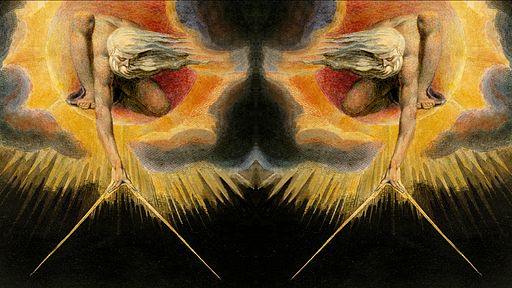Replications
Aaron Guest
 Sports have made me a superstitious person. Whenever Tottenham plays I wear a particular shirt. When I take foul shouts I spin the ball, bounce three times, spin the ball and shoot. Once, during a playoff game between the Red Sox and Cleveland in college, I refused to exit the dorm during a fire drill because I didn’t want to disturb the thin fabric between me and the late-inning rally occurring a thousand miles away. (Also: the guy who organized the fire drill and physically removed me was from Cleveland, so…) Because it seems to alway work, this entrenches the superstition.I do this with writing, too. Limiting the number of drafts, pre-determined writing times, who and who doesn’t read it before I feel it’s complete, writing in the study vs writing in the kitchen, surrounded by books or surrounded by the kids.
Sports have made me a superstitious person. Whenever Tottenham plays I wear a particular shirt. When I take foul shouts I spin the ball, bounce three times, spin the ball and shoot. Once, during a playoff game between the Red Sox and Cleveland in college, I refused to exit the dorm during a fire drill because I didn’t want to disturb the thin fabric between me and the late-inning rally occurring a thousand miles away. (Also: the guy who organized the fire drill and physically removed me was from Cleveland, so…) Because it seems to alway work, this entrenches the superstition.I do this with writing, too. Limiting the number of drafts, pre-determined writing times, who and who doesn’t read it before I feel it’s complete, writing in the study vs writing in the kitchen, surrounded by books or surrounded by the kids.
But perhaps these replications aren’t superstition. Maybe it’s more scientific. Because whenever an experiment is produced, one that yields results, science demands that same experiment be exactly replicated. As Alan Lightman says, “the results must be reproduced… in order to gain acceptance.”
The deeply humorous Jorge Luis Borges examined this same tendency in the fantastic short story-disguised-as-an-imaginary book review, Pierre Menard, Author the Quixote. Menard wants to write Don Quixote. However, he does not want to compose another Don Quixote, or even an anachronistic 20th century version of Don Quixote. Menard wants to compose “the Don Quixote.” He wants to match it word for word, sentence for sentence, idea for idea. Don Quixote being an “accidental book”, Menard’s endeavor to recreate it will make it better.
He believes there is a way to accomplish this: “to know Spanish well, to re-embrace the Catholic faith, to fight against the Moors and Turks, to forget European history between 1602 and 1918 [the year this story takes place], and to be Miguel de Cervantes. Menard dismisses this method it for it’s obviousness (and impossibility!). Instead, he suggests it is infinitely more profound to be a 20th century author and arrive at Don Quixote. Borges reveals that Menard does accomplish this task and though the texts, he says, are identical, Menard’s is infinitely richer.
But literature (and all Art) isn’t like science. It absolutely balks at the need to be reproduced to find acceptance. That’s one of the ironies Borges is getting at, I think.
Because we homeschool, it’s our task to teach science. Whenever I recreate a science experiment for the kids, there is a certain awe that permeates. Because here I am, recreating this truth that helped change the world — whether it’s understanding the rotation of the earth or why things float or what happens to water at different stages of matter. I’ve found that these simple truths of science, so widely accepted, resonate even more strongly because I’ve made them occur myself.
Would it be better if writing worked liked this? What if you or I could compose a great work of literature verbatim? Would our exactly replicated version of Don Quixote or Pride and Prejudice or Things Fall Apart be better? Would this diminish the work itself because it ceases then to be unique, or would this cement the truth of the work more firmly?